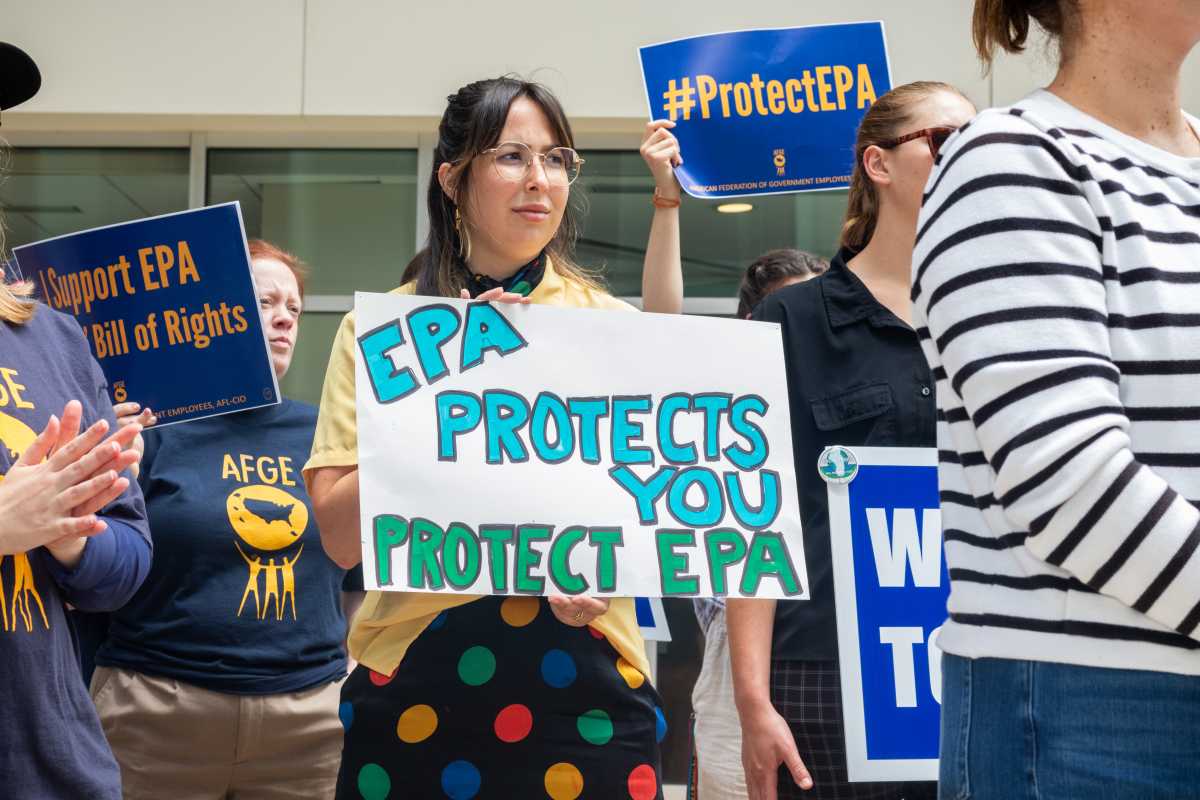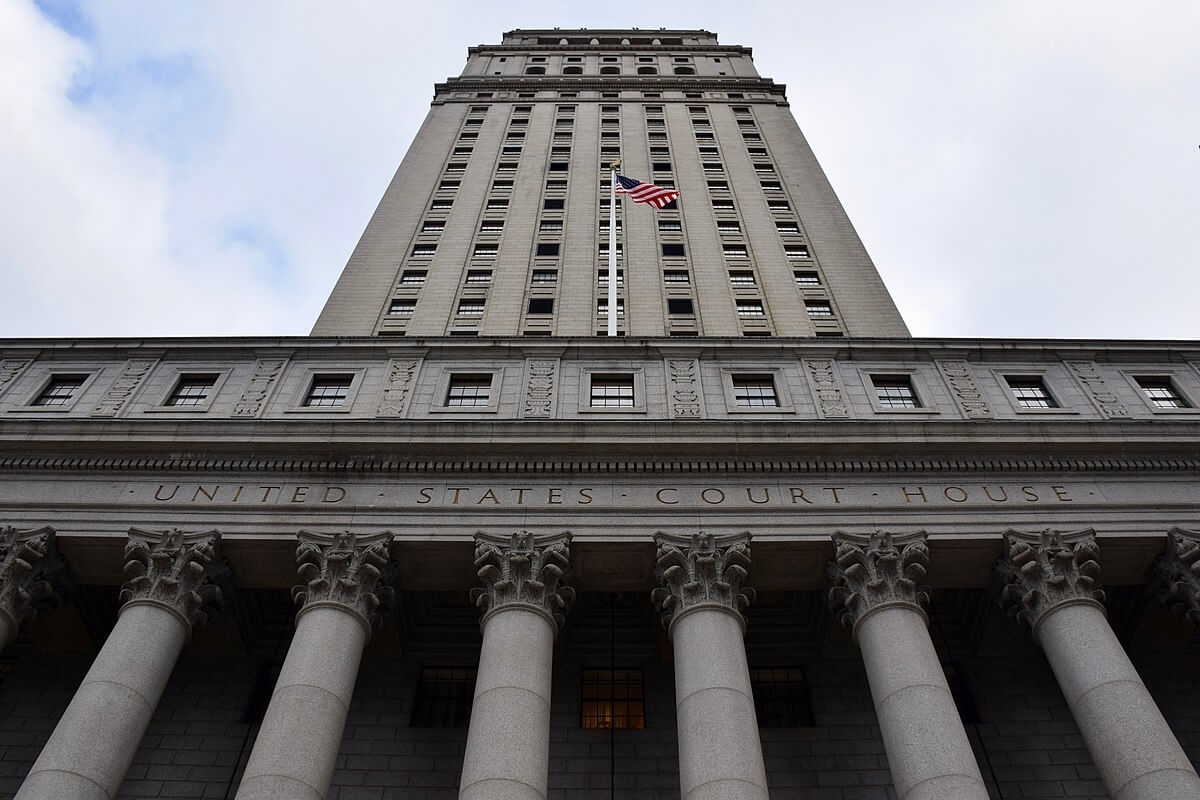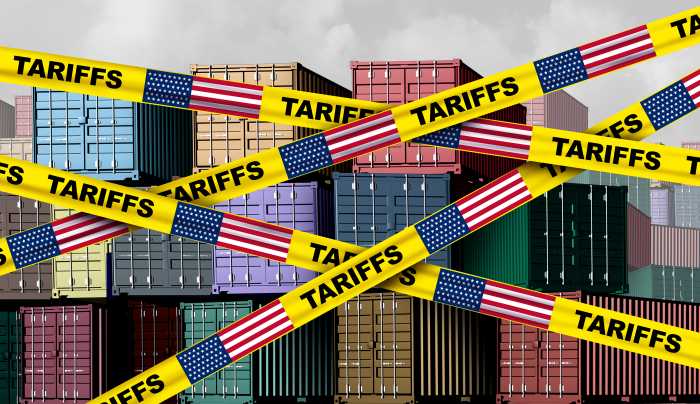WASHINGTON (Reuters) -The Biden administration on Thursday released $3 billion in COVID-19 rescue funds aimed at helping localities bolster their economies in the wake of the pandemic, calling on communities to seek funding for a range of revitalization projects.
The funding, authorized by the $1.9 trillion American Rescue Plan Act, is part of President Joe Biden’s “Build Back Better” agenda to rebuild the nation after the novel coronavirus triggered widespread shutdowns and led to more than 600,000 U.S. deaths so far. The Democrat-backed bill was passed in March.
New funding will be available to communities nationwide through six programs run through the Department of Commerce targeting jobs, for instance, in tourism, the agency said in a statement.
“This investment will ensure that they have the resources to recover from the pandemic and will help create new jobs and opportunities, including through the development or expansion of a new industry sector,” the Commerce Department said.
Commerce Secretary Gina Raimondo told reporters the initiative could create as many as 300,000 jobs “in the near term.”
Of the total funding, $1 billion will be allocated for up to 30 localities that apply for money for up to eight community projects such as building infrastructure or training workers, it said.
There is also $100 million “specifically for Indigenous communities, which were disproportionately impacted by the pandemic,” the department added.
State and local governments, universities and colleges, nonprofit organizations, unions and tribes may apply for the funds, which must be awarded by September 2022, the Commerce Department said. For-profit companies and individuals are excluded.
Some $300 million in funding will also be set aside to aid hard-hit communities dependent on coal and other energy-sector work.
(Reporting by Susan Heavey; Additional reporting by Jeff Mason and Trevor Hunnicutt; Editing by Steve Orlofsky and Leslie Adler)


























